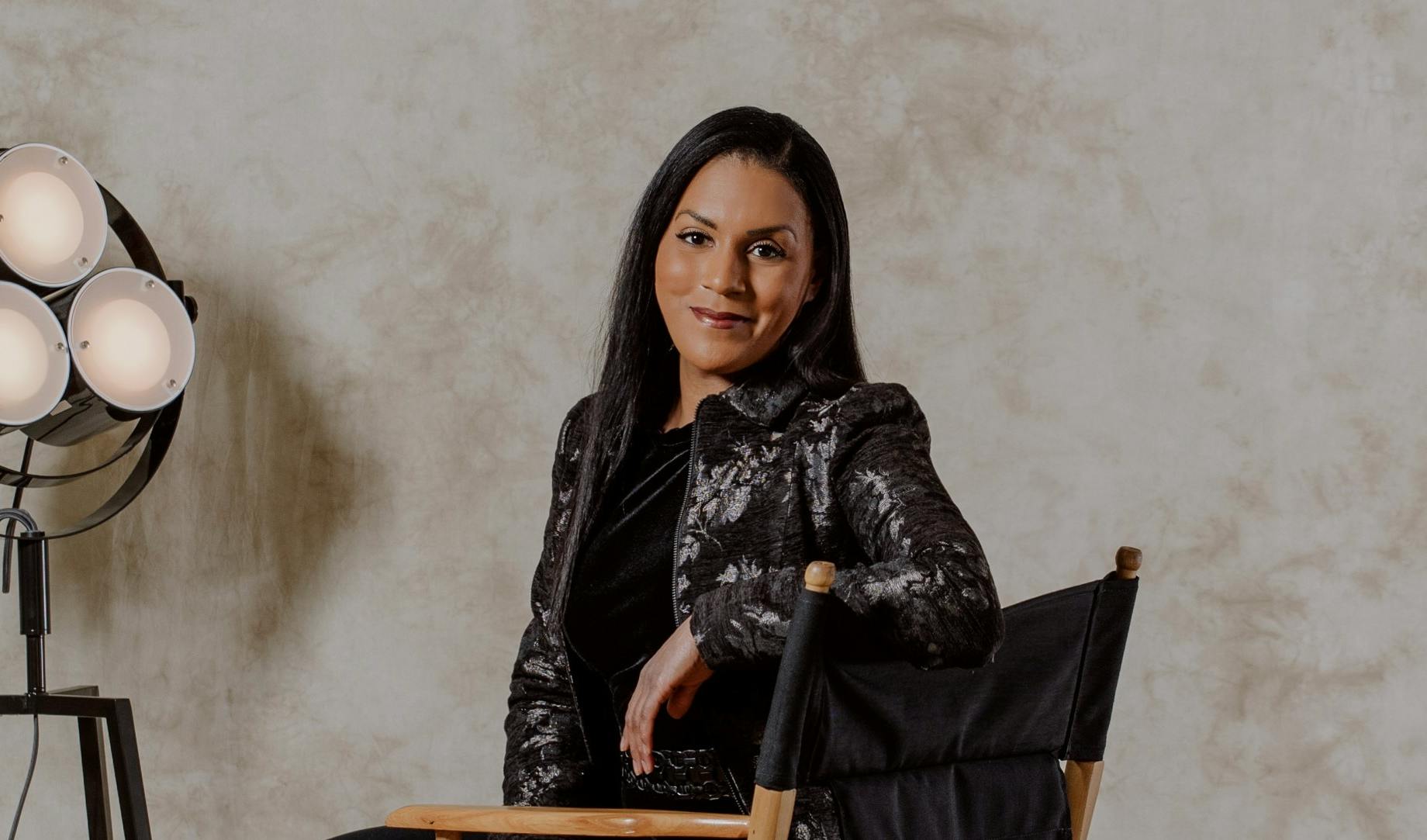
How to make the leap into a more purpose-driven full-time career | Drake Dubin, new COO of Business in the Community
Drake Dubin, recently appointed COO of Business in the Community, shares his insights on the attractions of embracing the not-for-profit world full-time.
Drake Dubin’s finance career spans two decades, including Managing Director roles at JP Morgan and Royal Bank of Scotland; he's also the former Chief Operating Officer, EMEA and Latin America at investment manager Neuberger Berman. Drake has always had fulfilling voluntary responsibilities on the side, including as Commissioner at the US-UK Fulbright Commission and recently setting up a “Reading Oasis” at a local primary school in the shadow of Grenfell Tower which had no library, but this year changed career tracks to embrace the not-for-profit world full-time. Here, the new Chief Operating Officer of the Prince of Wales’ responsible business championing charity, Business in the Community (BITC), talks about making that leap.
What inspired your shift from finance roles at major banks and financial services firms to a more purpose-driven role?
It’s been a more natural extension than it might appear on paper - alongside my financial services roles, I’ve had a volunteer career for the past few decades, mostly focused on education and accessibility. But increasingly, the satisfaction and stimulation I got from philanthropic work made me think it was time to focus on that full-time.
What were the first changes you noticed in moving from the corporate world to not-for-profit (apart from the reduced expense account..)?
I expected BITC to be full of passion, which it is, but what’s been wonderful is learning how chock-full of talent it is, too. There’s a perception that a lot of talented people are drawn only to careers in for-profit organisations, but the truth is, I’m privileged to work alongside people with enormous amount of expertise - and absolute passion.
What would you say to your ex-colleagues - is the shift to a charitable organisation worthwhile?
It really is. The attraction of purposeful careers is clear - you get a lift in your step everyday - the impact we’re making to people’s lives and the changes we’re helping to effect really gives you meaning. Going to work is no longer about boosting remote shareholders’ equity, but collectively improving society and tackling some of its biggest issues.
You’re also pushing on an open door - I’ve found people are really welcoming to commercial insights and experiences. I find it’s a lot easier to get out of bed now - but I don’t get into it any earlier!
This definitely isn’t an ‘easy option’ - I must confess I’m working at least as hard as I worked in my financial services life. I expected that - in the early stages of my transition, there’s a lot for me to take in. BITC also operates all across the UK; only half of the staff are London based, so I’m meeting teams in Scotland, Northern Ireland and Wales as well as regional offices around England to get a flavour of all our activities and members.
How did you find using Nurole?
It was extremely user friendly - for those considering career changes, it helps you cast your net widely and is a conduit to exciting opportunities.
What advice would you give to execs who are considering moving into the charitable world - how can they prepare?
I think the skillsets from finance and management consultancy especially are really transferable - but for me, I think a major reason why moving from finance to a not-for-profit organisation hasn’t felt at all uncomfortable is partly because of my NED roles. If I hadn’t previously spent time as a trustee in the charitable sector, I think adjusting to the culture could be more challenging. So I’d recommend getting involved alongside an executive career first, before taking the plunge. There are different leadership styles to grapple with in not-for-profits, and different organisational structures and accounts. Most of the work is still problem solving, just in a different context. And NED or advisory roles for charities are very different to living and breathing executive responsibility.
You’ve previously talked about the COO role being ‘firefighter in chief’ - how do you hose down the blazes?
Ha, not too many fires, luckily, but it’s more that you never know what might come your way. As COO you have responsibility for internal support and control, so anything can crop up - a facilities problem, tech breakdown, an issue surrounding your people. You step in at a moment’s notice if the CEO needs to be elsewhere - today we have an induction for new BITC members, but our CEO has been called away to meet Prince Charles, so I’m filling in. My role feels like - here’s another analogy! - the grease and glue of the organisation: I smooth out frictions, ensure the organisation is running as efficiently as possible, and provide the cohesion so that we speak with one voice.
What’s your top tip for ensuring that a new senior role - at any kind of organisation - works for both parties?
Think seriously about chemistry - in the case of a COO role, really think about whether you can work well with your CEO. Take as much time as possible with that person before committing to the role - it’s invaluable for both sides because a personality fit is crucial. When I was interviewing at BITC, I must have done almost as much interviewing of them as they did for me. It’s really important to let your guard down and ask probing questions - if you don’t let your personality show through at that juncture, you’re not really assessing the fit. Be brave, don’t play it safe.
And now for some quick-fire questions...
Favourite book?
Atul Gawande’s Being Mortal.
Favourite quote?
From Socrates: ‘Education is the kindling of a flame, not the filling of a vessel.’
What’s the best advice you ever received?
My father was fond of a French expression: ' Qui ne risque rien n'a rien', (‘who risks nothing, gains nothing’) which has always resonated with me.
Favourite holiday?
Adventures with my family - last year we explored the Alaskan wilderness.
Favourite app?
The FT app.
When did you last cry?
When a very close friend’s mother died very recently.
When does your alarm go off and how many hours of sleep do you have on average?
It goes off at 6.30; on a good night I get about 7 hours - although I’d like more!






